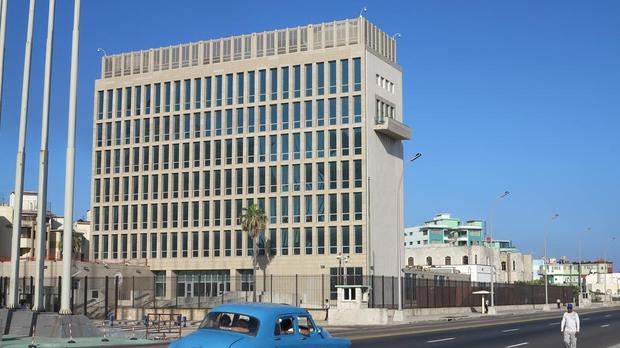
Consequences of the renewal of U.S.-Cuba relations
HAVANA — Six months after the political decision to re-establish diplomatic relations between Cuba and the United States, Havana and Washington have announced the concretization of the agreement to formalize them and will proceed to the opening of their respective embassies.
By itself, what has happened does not eliminate the existing contradictions or guarantee their solution, much less while the economic blockade against Cuba persists, something that the Cuban government considers an impediment to the full normalization of relations.
Obama has recognized this reality and again has asked Congress to repeal the laws that sustain this policy, an objective that will be very hard to achieve in the remainder of his administration.
Even so, what has been achieved constitutes a historic landmark and sets up a new scenario in the face of the two countries’ future relations. The implications are not only symbolic but also practical in the management of their respective policies.
In the case of Cuba, it implies the recognition by the United States of the legitimacy of the Cuban government and, consequently, of the legality of its international policy, which has important consequences for the development of future negotiations.
To cite only a few examples, there remain issues such as
*** the definition of “trafficking in confiscated property,” a term utilized to ignore Cuba’s right to nationalization and its relations with third parties;
*** the non-applicability of the doctrine of “act of State,” for the protection of Cuban interests in the United States; and
*** the refusal to acknowledge Cuba’s intellectual rights and trademarks in the U.S. markets.
All of these practices, heretofore established in U.S. policy toward Cuba, constitute legally untenable acts in the context of the current diplomatic relations, so at some point they will have to be revised by the American side.
The new development also implies an essential transformation of the environment in which Cuba conducts its international relations and Cuba’s insertion in the world market, notwithstanding the delay in lifting the U.S. economic blockade.
The new situation will resound inside Cuban society, particularly in the area of economics but also in other spheres of national life, which is already engaged in its own transformation.
For the United States, the re-establishment of diplomatic relations with Cuba constitutes a doctrinal precedent in its foreign policy that cannot be ignored, inasmuch as it shows an intelligent adjustment to not only its policy toward Cuba but also to the changes that are happening in the rest of the world, especially in Latin America and the Caribbean, as intimated by President Obama in his latest statements and at other stages in this process.
Perhaps most important, the reopening of embassies constitutes a practically irreversible step in the relations between the two countries, regardless of the result of the presidential election in 2016.
In addition, it facilitates and raises to the highest level all communication between the two governments; it consolidates the climate of negotiation for the solution of conflicts, and gives credibility to the process of normalization of relations, stimulating the forces that support it in the U.S. and Cuba, beyond the differences and mistrust that still remain.
It is also a signal to the world. Despite the asymmetry of power between the two countries, they have been able to solve a complex problem in their historic dispute, within a framework of equality and respect for each other’s sovereignty. This can be interpreted as an example of what international coexistence should be, a relationship where the U.S. plays a determining role.
That explains the support that the July 1 announcement has had worldwide and the hopes it has generated.

